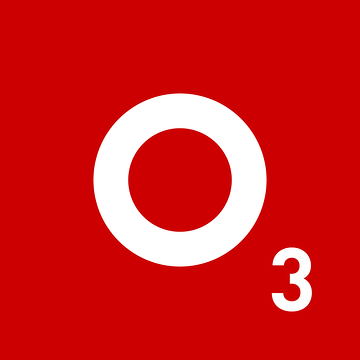Tuesday’s Northside Meetup was the first in Brooklyn since the Northside Media Group announced its sponsorship by Dell and Intel for the series, which is expanding to Miami and Chicago as well. All three cities saw meetups this week, starting with Miami.
This is not the first time Northside has partnered with Dell, as Lauren Mauro, a spokesperson for the company explained. They collaborated on pop-up stores in the past, she said, in New York and San Francisco. Dell was interested in working with Northside because it helped Dell reach local businesses and innovators. The partnership is intentionally launching during National Small Business Week.
“All of these other markets have all this energy and they are trying to do things and they don’t feel recognized,” Scott Stedman, one of Northside’s cofounders, told Technical.ly Brooklyn at the meetup. “We really believe what we’ve done well over the last 10 years is catalyzing that creative, innovation community in NYC, especially Brooklyn.” He said that in the last three years, the company has worked especially hard to bring the startup scene into that mix.
Dell, for its part, is emphasizing its entrepreneurial roots and pushing the message that its products are built for people who are making stuff.
This meetup had a slightly different look than ones in the past because it featured two Dell product displays, one of which, for Dell’s higher-end workstation, also had a MakerBot 3D printer running alongside it. Mauro said they usually have MakerBots up at displays like this because so many entrepreneurs use them, and because the devices are available through the Dell store.
The topic for the Williamsburg meetup at Brooklyn Brewery was “Hyperpersonal E-Commerce.” The panel that followed featured Neil Capel, founder of Sailthru; Adam Dinwiddie, head of product at Paddle8; Belinda Chan, chief client officer at Poshly; and moderator Emily Alford, a reporter at ClickZ.
"At @LivePoshly we really believe in you just spending some time with us, as friends" –@_belindachan on engagement style #SmallBizInsider
— Northside Festival (@NorthsideFest) May 6, 2015
Some key takeaways from the conversation:
- People want new stuff. Paddle8 is an auction site for (mostly) one-of-a-kind pieces of artwork. They use data about the tastes of customers to inform suggestions for other pieces, but they also intentionally throw customers random curve balls, because people like variety. “There’s a downside to hyper personalization, where you start to optimize to a local maximum,” Dinwiddie said. Said another way, if someone bought three pizzas on Seamless, that doesn’t mean they might never like Indian.
- Instill guilt. Capel said that the point of Sailthru is to make every channel personalized to each customer. You want to treat customers so knowledgeably that they’ll feel guilty about going to another site for products. The example he used: if you had a coffee shop where they know your name and start prepping your order as you walk in the door.
- It’s good to be small. Dinwiddie said the nice thing about being small is a company can play around with pricing models to see what works, in a way larger companies can’t because their pricing is tied into legacy business lines.
- Get started on data now. Capel said that in the dot-com boom and bust, no one wanted to launch a site until it was 100 percent done, but that was a fool’s errand because they couldn’t envision everything a site would need till it was live. Now, he says, some companies are making the same mistake with data. Start gathering it now. Keep it all in one place, a place that you control. If you realize later that you haven’t been gathering a needed data point, start, but don’t wait to gather the data you obviously need now.
- Use what you know. It seems almost too obvious to say, but you see it all the time: sites that should know better than to ping you about something you could care less about. Poshly’s whole business model is about asking customers questions, Chan said, so if you answer a question that says you never wear lipstick, you aren’t going to subsequently get questions about your favorite brands of lipstick.
- The Creep Line: don’t go around the wall. Capel told a story about an ecommerce company that took its list and matched it with a list of birthdates that another company had. Birthday emails can work well, he said, but you can also get an ick factor by having information your customers didn’t share directly. That’s going around the wall: getting info that your customers know you bought or spied to get.
- Millennials forgive. Younger customers have a higher creepiness tolerance, however, Capel said. Not that companies should be creepy, but they do.
Join the conversation!
Find news, events, jobs and people who share your interests on Technical.ly's open community Slack


